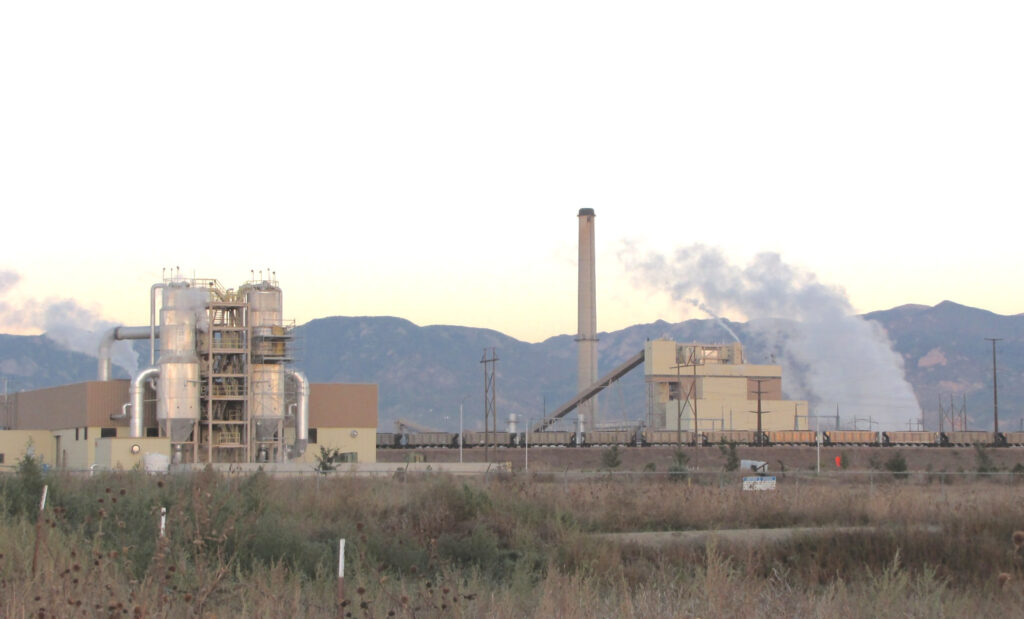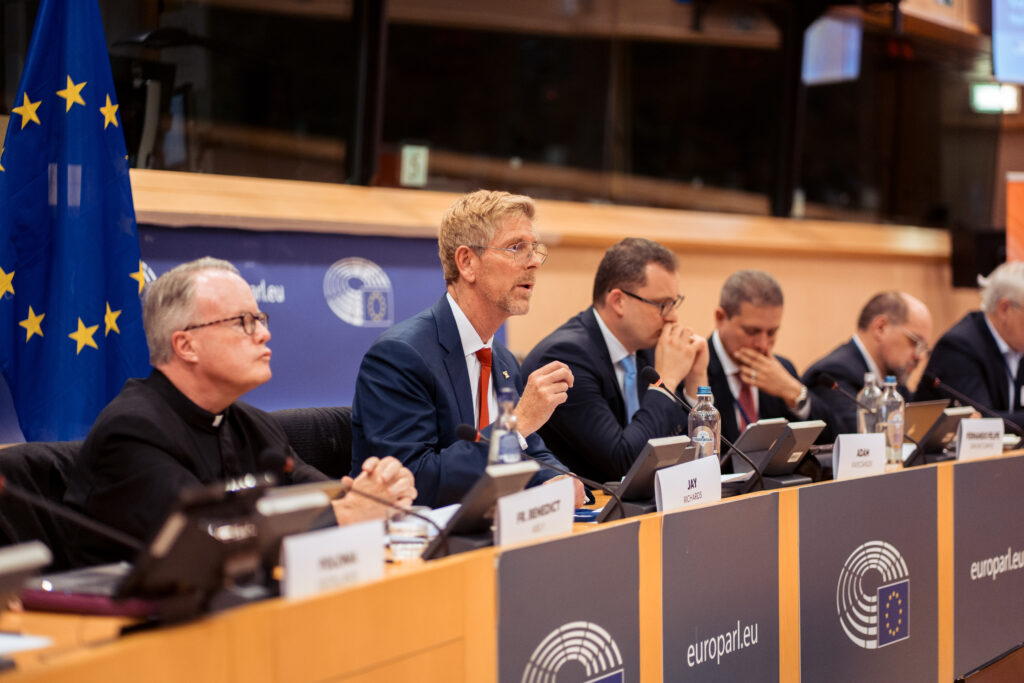The venerable New York Times has reported the discovery of “More Fake Letters To Congress” by Bonner & Associates, the Astroturf specialists hired by Americans for Clean Coal Electricity (ACCE) to interfere with the vote on the Waxman-Markey bill.
As much as Bonner has tried to deny its involvement, the agency was clearly the source of forged letters, purporting to come from charitable organizations opposed to the climate bill. But then, Bonner’s record is well-recorded.
As William Greider described in his book, Who Will Tell the People, Bonner has operated a “boiler room” that featured “300 phone lines and a sophisticated computer system, resembling the phone banks employed in election campaigns. Articulate young people sit in little booths every day, dialing around America on a variety of public issues, searching for ‘white hat’ citizens who can be persuaded to endorse the political objectives of Mobil Oil, Dow Chemical, Citicorp, Ohio Bell, Miller Brewing, US Tobacco, the Chemical Manufacturers Association, the Pharmaceutical Manufacturers Association and dozens of other clients.”
If Bonner’s clients are that desperate to have a voice on Capitol Hill, Congress should call a hearing, inquiring into just how much influence is being peddled through phony organizations and faked letters. The U.S. badly needs legislation that requires organizations like Bonner to be more transparent and accountable, to disclose their funding and to declare their purpose on every occasion.
Any such legislation will also have to come with significant penalties. It doesn’t seem that Bonner is bothered by whether this activity might already violate the standards of political integrity that are critical in a law-abiding democracy.
Subscribe to our newsletter
Stay up to date with DeSmog news and alerts






